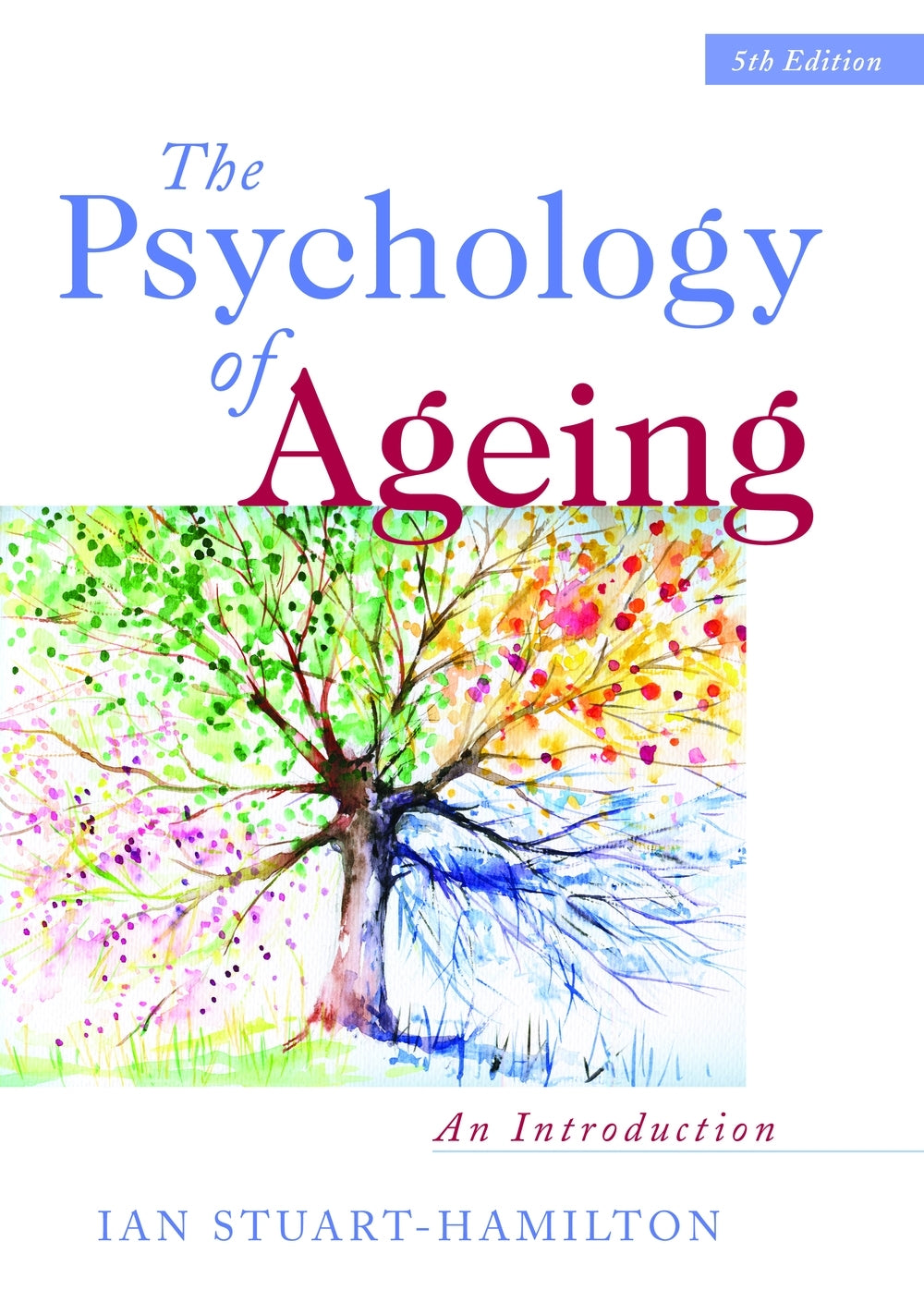
Press Reviews
International Psychogeriatrics
Praise for the fifth edition: 'The Psychology of Ageinghas over the years proved itself to be a solid and workman-like general introduction to the psychological problems of growing older... I will continue to recommend this book to psychology students and trainees, as a very sound basic text.'
Plus
(...) a most helpful guide in this challenging area of ageing. It enables us to have a clearer understanding of the questions and approaches to the psychology of ageing.
Age and Ageing
Praise for the fourth edition: 'The Psychology of Ageing provides a comprehensive overview of the area. It covers a broad range of issues that are central to anyone interested in psychology and ageing. It starts with a discussion of what constitutes older age and the neuronal underpinning of ageing, and moves to examining theories and research in the various domains of ageing. The book clearly (and correctly) makes the point that ageing is not just general slowing and cognitive decline (as is often portrayed), but that cognitive ageing is a complex interaction of individuals and their environment. Even though the book is introductory, it points to the deeper issues and problems in this field. The topics are well introduced and the book has a Glossary of Technical Terms at the end... The Psychology of Ageing is a very good introductory book... is easy to read and is an effective overview.'
Journal of Mental Health
The Psychology of Ageing is a solid and workmanlike general introduction to both schools of thought on the problems of growing older, and can be recommended as a basic textbook for students and trainees.
The Psychologist
The psychology of ageing is somewhat a rarity in academic texts. So I was grateful to Ian Stuart-Hamilton for eloquently and skilfully introducing the reader to the world of psycho gerontology, through the adoption of a cognitive perspective where research and comment are interweaved to provide a highly readable and detailed perspective of this area... This text is an invaluable resource for psychologists, clinicians, nurses and anyone with an interest in gerontology, through the author's accessible writing style and balanced literature selection.
Community Care
It is refreshing to see a book interested in the minds of older people as this client group are often overlooked, writes Noelle Blackman. This research-based approach has been written very much with the undergraduate psychology student in mind. As such it is packed full of research and is a very good resource.
British Journal of Occupational Therapy
An extremely accessible and comprehensive account of what is currently known about the psychology of ageing. From the definition of ageing through the measurement of intellectual change, memory, language, personality and lifestyle, mental illness and the difficulties with measuring psychological status in older people, this book triumphs in its clarity and depth. The final chapter entitled 'What is the future of ageing?' is a very salient essay on the dangers of stereotyping older people.
New Literature in Old Age
This is a well established and accessible textbook now completely revised in an expanded fourth edition. Each chapter has been updated to reflect current thinking. There is a glossary of technical term, as well as being fully indexed.
Emma Claire Palmer, Section of Cognitive Neuropsychiatry, King's College, London
Journal of Mental HealthNow in it's 5th edition, The Psychology of Ageing is a great introduction for students and for those about to enter into a field of work involving older adults... Overall this book is a good resource: the first port of call for anyone with a clinical, sociological or psyhological interest in ageing.
